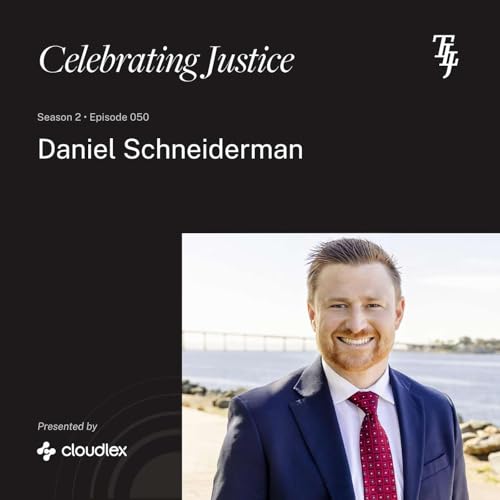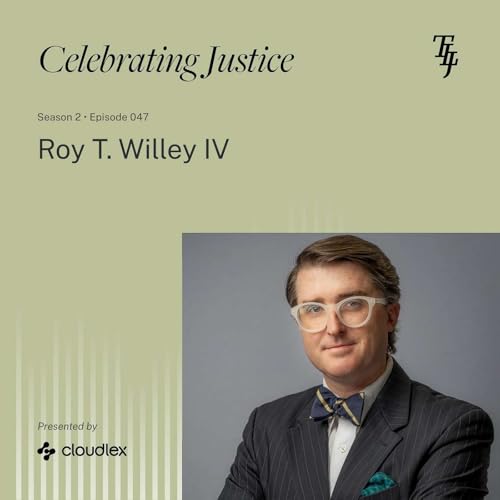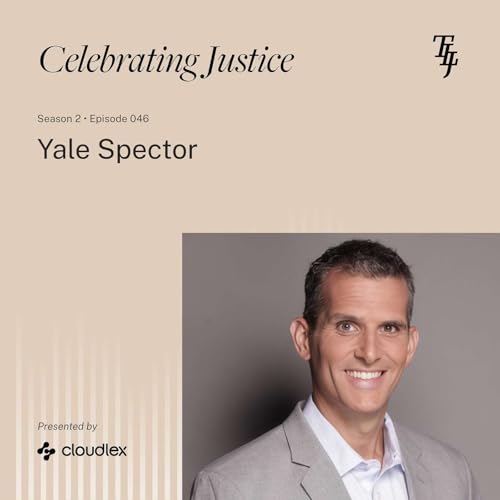Trial lawyer Tom Scolaro of Scolaro Law P.C. shares why the motto “Hustle & Heart, Set Us Apart” isn’t marketing fluff for his firm, it’s operating instructions.
Scolaro grew up in a blue-collar upstate New York town, the son of an immigrant truck driver who admired lawyers and pushed his kids to aim higher. Law school originally meant a prosecutor’s path (think Jack McCoy on “Law & Order”), until life swerved: his older brother was catastrophically injured by a drunk driver while Tom was a 1L. Navigating hospitals, fear, and a maze of legal decisions with the help of a civil lawyer changed his trajectory. The lesson stuck — people need an advocate who picks up the phone, answers questions, and stands in the gap.
Scolaro’s practice philosophy is blunt and human: be the boxer in your client’s corner, not the tuxedo in the hallway. He tells prospective clients to interview multiple firms and ask, word for word, “Ask your lawyer, ‘What is your why? Why do you do this?’” If the answer is canned, keep looking. The work is too hard — and the stakes too high — to fake purpose.
The episode’s centerpiece is the retelling of a harrowing house-fire case in Cudjoe Key, Florida. Initial officials blamed an 18-year-old survivor, calling it a “marijuana fire” from a balcony ember. Scolaro refused that narrative. He moved fast with fire, electrical, and metallurgical experts, stripped outlets, and mapped fire dynamics to relocate the origin inside — near a defective electrical receptacle that arced, ignited blackout curtains and a sofa, and filled the home with toxic smoke.
Policy change threads through Scolaro’s work, too. He recounts a fatal carbon-monoxide poisoning at a Key West hotel that helped spur code requirements for CO detectors in new hotel construction — and, years later, a similar cross-border case with thorny choice-of-law issues that he pushed through to accountability. The pattern is clear: meticulous investigation, relentless pressure on corporate defendants, and a refusal to let clients walk alone.
In his “Closing Argument,” Scolaro explains why he stayed in this arena: to champion people through life-rocking harm, to get accountability and justice, and to help clients recover personally — not just financially.
Key Takeaways
- Purpose drives performance — clients should ask every lawyer to articulate a real “why.”
- Winning isn’t only monetary; clearing a client’s name and preventing despair are “human verdicts” that matter.
- Litigation can inspire safety reforms (e.g., carbon-monoxide detector requirements) that protect future guests.
- Authentic accessibility — sharing a cell number, taking late-night calls — builds trust when lives are upended.
The Trial Lawyer's Journal is Presented by CloudLex and Lexvia.ai.
TLJ Instagram
TLJ YouTube
TLJ LinkedIn
 2025/10/3030 分
2025/10/3030 分 2025/10/2319 分
2025/10/2319 分 2025/10/1615 分
2025/10/1615 分 2025/10/0916 分
2025/10/0916 分 2025/09/1229 分
2025/09/1229 分 2025/08/2833 分
2025/08/2833 分 2025/08/1823 分
2025/08/1823 分 2025/08/1437 分
2025/08/1437 分
